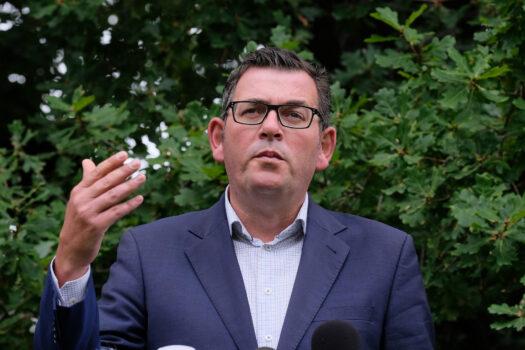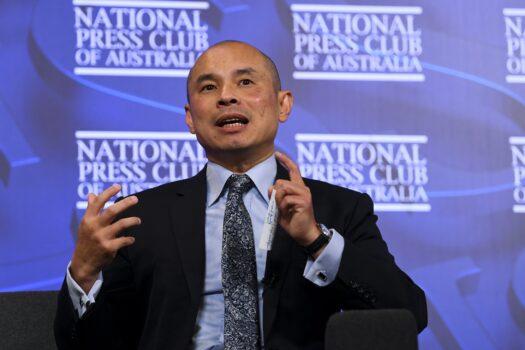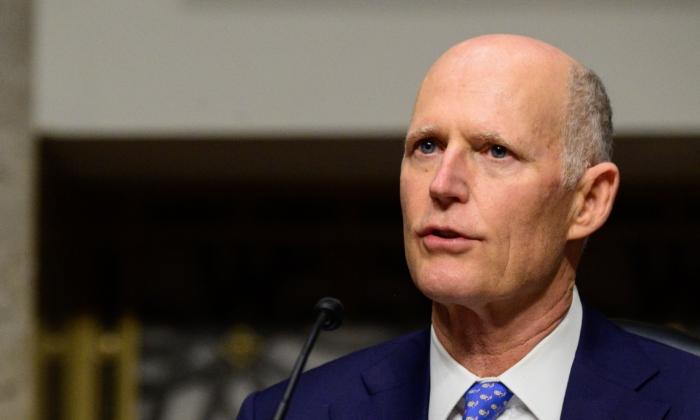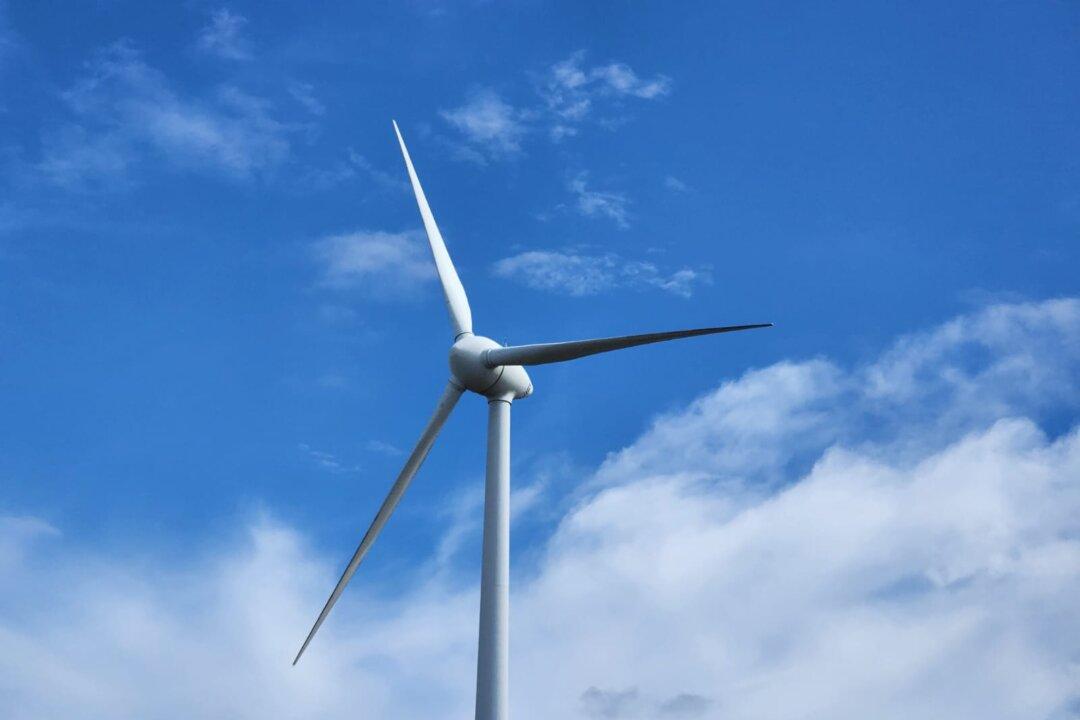“I applaud the decision of the Australian government to stand up to Communist China and refuse to take part in General Secretary Xi’s master plan,” he added.
“I hope every nation around the world that has agreed to projects with Beijing will recognise the Communist Party’s sinister geopolitical strategy and follow Australia’s example.”
Deals Cancelled Under New Foreign Relations Law
On Wednesday night, Australian Foreign Minister Marise Payne announced the cancellation of four agreements signed between Victoria and foreign countries, including Iran, Syria, and China.Two of those deals were signed between current Victorian Premier Daniel Andrews and Beijing’s National Development and Reform Commission.

The first cancelled arrangement was a Memorandum of Understanding signed in 2018 that saw Victoria pledge to work on infrastructure projects within Beijing’s Framework of the Silk Road Economic Belt and the 21st Century Maritime Silk Road Initiative, commonly known as the Belt and Road Initiative (BRI).
The second axed Framework Agreement was signed by Andrews in 2019. A third was supposed to be signed in 2020 but did not eventuate.
The announcement came just hours after top Chinese diplomat Wang Xining complained about Australia’s tough stance towards Beijing and accused it of taking advantage of China.

Meanwhile, the Chinese embassy in Canberra has criticised the move, labelling it “unreasonable and provocative.”
The law granted the foreign minister the power to void agreements signed between foreign entities, and subnational Australian governments and public universities.
Other controversial agreements including sister-city arrangements, Confucius Institutes, and academic partnerships are likely to come under scrutiny as well.
The BRI is Beijing’s trillion-dollar global infrastructure fund that has been accused of being a vehicle for the CCP to expand its global hegemony.






Friends Read Free